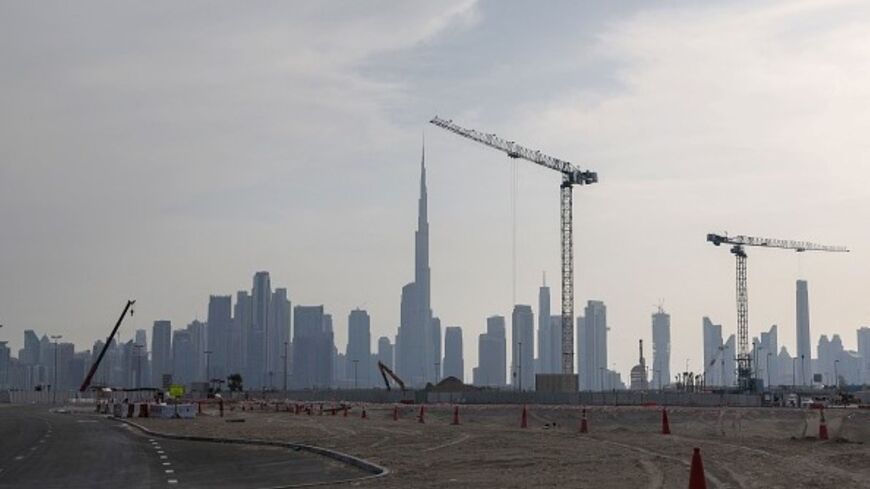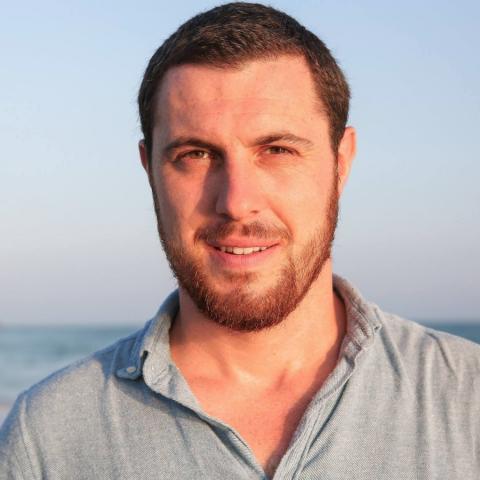The International Monetary Fund (IMF) expects the non-oil segment of Gulf economies to grow 45% faster than the overall gross domestic product (GDP) this year, which includes the oil and gas sector. The figure is in line with the 2000-2019 average trend.
This follows a unique situation in 2022 when the Gulf’s overall gross domestic product expanded 57% faster than the non-oil segment after oil prices surged to their highest levels since 2008 as Western sanctions against Russia threatened to disrupt global oil supply. Even so, the World Bank noted in a May 2023 report that Gulf economies' “stellar growth” last year “was not just a result of buoyant hydrocarbon prices but also continued growth of non-oil economies.”
“Hopefully by 2030, I wouldn't care if the oil price is zero”, Saudi Arabia’s finance minister Mohammed Al Jadaan told CNN in 2017. But the prospect of decoupling the Gulf's overall economy from its main export commodity in the near future has long been exaggerated.
“It is a mixed picture,” said Justin Alexander, director of Khalij Economics, a consulting firm. “Looking at just non-oil GDP figures is misleading." Parts of the economy, he said, "are basically the result of the recycling of oil revenues through government spending rather than independent value creation.” Since oil revenues still account for about two-thirds of Saudi Arabia’s government revenue, the kingdom remains a petrostate.
Oil is sticky
Across Gulf economies, most economic developments are directly or indirectly driven by government spending, according to Jalal Qanas, an assistant professor in economics at Qatar University. The share of Gulf countries’ GDP from government expenditure has been trending up since the 2007-09 global financial crisis. In 2021, IMF data showed that it ranged from 29% in the UAE to 52% in Kuwait.
The fossil fuel rent’s invisible footprint runs deep into Gulf’s non-oil economy, from grocery shopping, entertainment activities, cab rides, and cars paid with public sector wages to flats bought with subsidized housing loans and wedding ceremonies funded by marriage grants. Alexander called it “complicated interlinkages” between Gulf’s economies and governments. Yet, non-oil economies are the cornerstone of everyday life in the Gulf region, a major source of employment and social interactions.
In Qatar, the government has wound down its public spending frenzy estimated at $300 billion ahead of the FIFA World Cup 2022. “Once you turn off the tap, will the private sector survive?" Qanas asked. "We need to wait at least one to two years to see how the country’s private sector will behave with less government spending”
Saudi Arabia launched the $1.3 trillion Shareek initiative in 2021 to push companies to invest domestically, particularly in the non-oil economy. But there is a catch: two of the initiative’s largest contributors are the kingdom’s top fossil fuel giants, national oil company Saudi Aramco and petrochemical firm SABIC.
Also, the private sector has done a poor job so far of converting the Gulf’s fossil fuel rent into economic sectors that can stand on their own. Corporate performance in Gulf economies, although it varies between countries and industries, is deteriorating. Profitability of the median firm in the region plummeted from 15.2% in 2007 to 4.1% in 2021, the IMF found.
Dubai has “set an example”
A notable exception is Dubai, where oil output peaked in 1991. The emirate’s oil sector slipped from about half of the local economy 50 years ago to only 1% of pre-pandemic GDP as the sheikhdom, one of the seven that form the UAE, built the Gulf’s first post-oil economy. In the third quarter of 2022, wholesale, retail trade, real estate, construction, manufacturing, and financial and insurance activities accounted for 60% of its GDP. The emirate’s push to become a global hub decouples its economy further from the region’s oil boom and bust cycles.
Tourism and real estate insulate Dubai's economy from the wider Gulf. Seven out of ten tourists who visited Dubai in the first quarter of 2023 did not come from the Middle East, while top non-resident buyers of real estate in Dubai in 2022 were Russian, British, Indian, German, and French citizens.
Dubai may be the first, but it will not be the last Gulf post-oil economy. Omani luxury fragrance brand Amouage sells its perfume in more than 80 countries, Bahrain is a fintech hub for the Middle East, Qatar makes its mark in global sporting events, and Muslim pilgrims from all over the world flock to Saudi Arabia’s Mecca.
“Dubai has set an example for the region, and now Gulf countries are all trying, I would not say to copy, but to learn from what Dubai did,” Qanas said.








